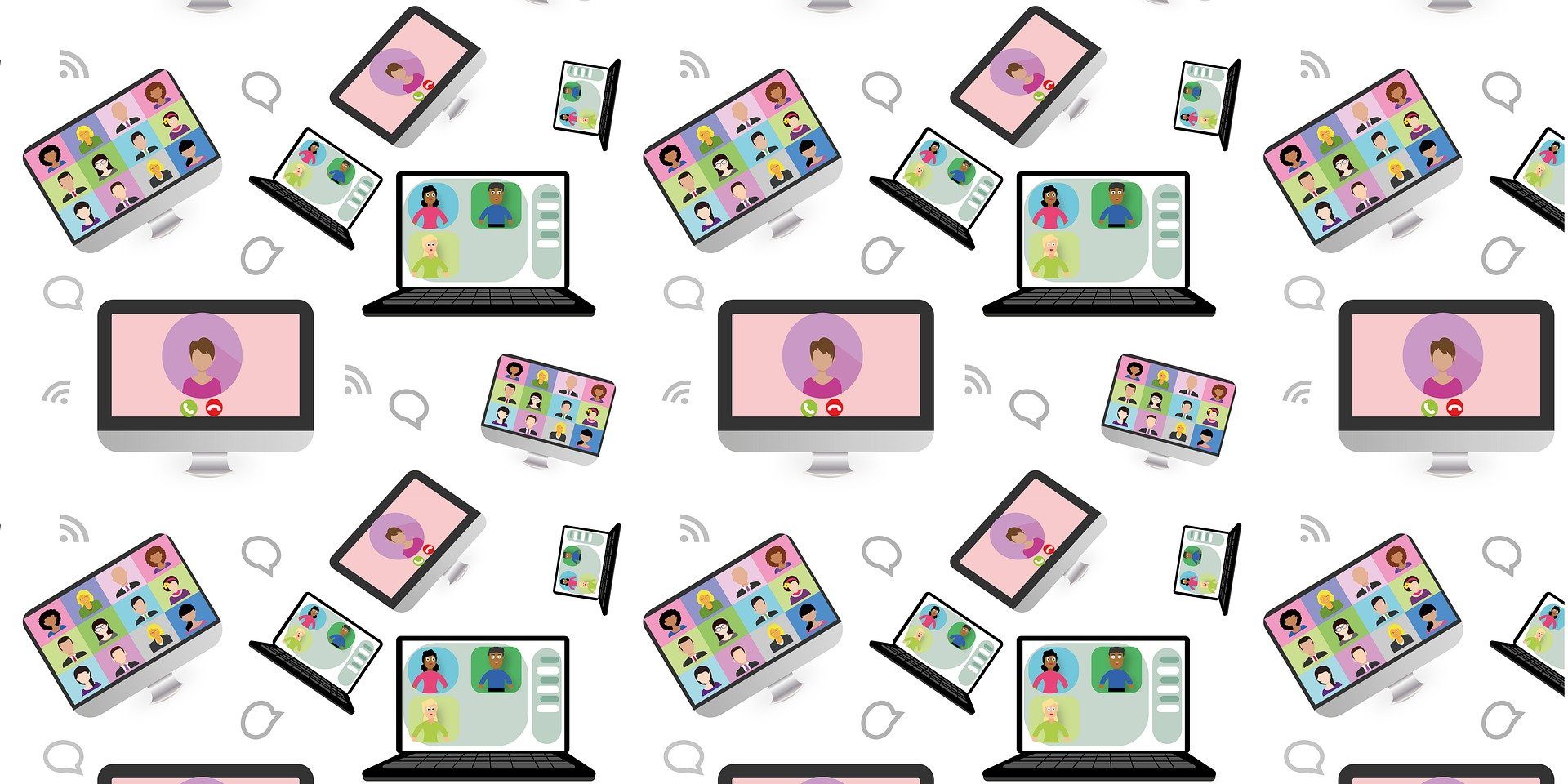By Kaitlin Dunn, Writer, Hospitality Sales & Marketing Association International (HSMAI)
HSMAI hosted a virtual Executive Roundtable for sales and marketing professionals at hotel management companies on Oct. 1. Participating companies included AMResorts, Atlific Hotels, Commonwealth Hotels, CoralTree Hospitality Group, Dow Hotel Company, Hassayampa Inn/Aris Hospitality, HVS Hotel Management, Kessler Collection, LBA Hospitality, Marcus Hotels, Remington Hotels, Sound Hospitality Management, Spire Hospitality, Staypineapple, and Summit Hospitality Group.
Roundtable participants shared best practices they have learned over the past few months and how they have been adapting to the widespread disruption caused by the pandemic. Here are key takeaways from the discussion:
DRIVING DEMAND
Leisure is still the number-one demand driver right now, according to Roundtable participants. “Make sure you’re putting your hotel in a light that that encourages that segment to come to you,” one participant said. “You want to personalize it for the market you’re in. Don’t be large scale, really focus in.”
“Were seeing that booking window be only three days out, which is tremendous,” another participant said. “Extended stays are doing well, and so are the VRBOs and Airbnbs of the world. That’s something people are looking at.”
Even though fewer people are traveling, there is still opportunity to bring different segments in, which starts by figuring out where that opportunity lies. “You have to ask who is traveling to your market,” one participant said. “Continue to target the biggest wedding market ever. Try staycation packages, work-from-home campaigns, or group promotions that will make meeting planners consider hosting a virtual event with you.”
“In regard to group business, figure out what projects are coming to town, and make sure salespeople are able to do remote site visits with them,” another participant said. “The most important thing is communication. Get the front desk to ask people why they are there and then work on promoting that more.”
STAFFING AND COMPENSATION
Even though many companies have had to cut staff and reduce salaries, participants made it clear that they are still doing all that they can to support their employees in meaningful ways. “Associates are feeling like they are spinning their wheels,” one participant said. “Salary cuts and no bonuses make it difficult to keep them happy and in the industry.”
One participant’s company is actually paying more in employee salaries and benefits right now. “We’re paying 75 percent of employee insurance to help them financially,” the participant said. “We had 95 percent of our employees laid off, and when they were brought back, we ended up increasing some of their salaries as they were brought back because they were making more on unemployment and didn’t want to come back.”
Other participants is making sure to check in with team members more frequently and recognize them for outstanding work. “You learn so much about what’s happening with the teams when you’re talking to them every day,” one participant said. “Because our sales teams aren’t traveling, we have a lot more time to reach out. We send weekly fun, motivational emails, a lot of training calls and contests. We send out personalized recognition to people who have booked something.”
As far as next year goes, participants said that bonuses and incentive plans are still a part of the conversation, but they don’t know how they are going to be structured yet. “We talked about bonuses for next year and we think it’s going to be team-based with targeted RevPAR by quarter,” one participant said. “But it’s something you need to be able to revise and pivot on.”
“We’re are planning on setting individual goals that are proportional to other years and doubling down on what we need to see to get there,” another participant said. “Then we will go to ownership at the end of 2020 to look for property-based compensation to say thank you to our employees.”
Other ideas for incentive plans included bonuses for new exposures, new ideas, and setting activity goals.
BUDGETING
As we head into budget season, Roundtable participants mentioned different approaches to their forecasting models. “We made some high-level assumptions and shared to each of the properties and ownerships, so they understood where we were starting from,” one participant said. “Then we calculated about when vaccines would be available and brought it down to the local area, because each place is different and it has to be hyper-local, to even neighborhoods.”
Several participants said that they are operating under the assumption that business will not be anywhere close to pre-COVID levels until Q3 or Q4 of 2021. “We are backloading to the end of the year,” one participant said. “We took a scientific approach, purchased the CRBE reports using 2019 index data, and applied that to 2021 to come up with a budget. It’s based in science, but it’s going to have to be a rolling budget.”
Another participant mentioned the importance of aligning expectations with hotel ownership. “We have to start with those high-level assumptions to get everyone aligned,” the participant said. “Then ownership might give us the numbers back and ask for an extra few million, but we want to start with something we can deliver at the end of the day. And then if we are pushed, so be it.”
One participant said that he has had several ownership groups say that they are less concerned with a detailed budget and more concerned with a general overview in light of current circumstances, but the rest of the participants said they had not encountered this.
Read recaps of previous HMC Executive Roundtables here and here.
For additional information, insights, and tools, visit HSMAI’s Global Coronavirus Recovery Resources page.
